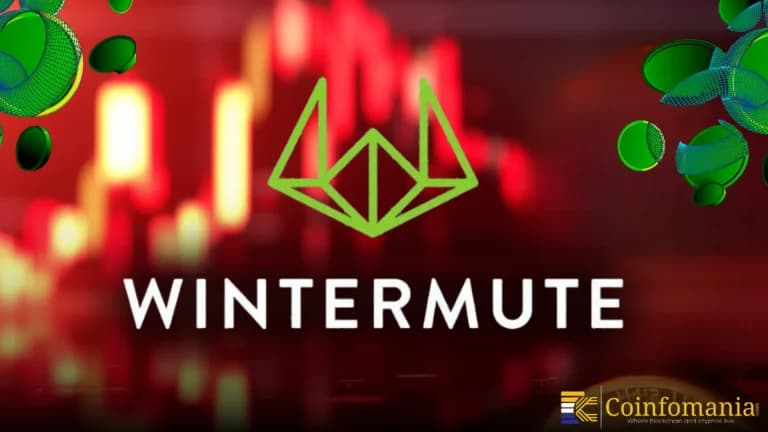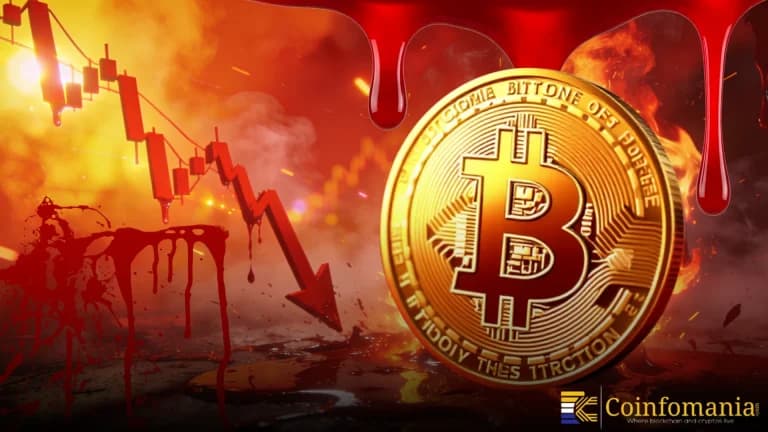Andrii Sybiha Calls on NATO to Act Fast with Sanctions and Military Support
NATO-Ukraine Council met in The Hague, but did it bring real change? Explore Ukraine’s urgent calls for help and bold demands.

Quick Take
Summary is AI generated, newsroom reviewed.
On June 25, 2025, Ukrainian Foreign Minister Andrii Sybiha addressed the NATO-Ukraine Council in The Hague, demanding stronger military and political action.
Sybiha urged new coordinated sanctions, increased air defense support, and firm political decisions to counter Russia’s ongoing aggression.
He warned that the collaboration of Russia, Iran, and North Korea poses a wider threat to global stability, urging NATO to respond decisively.
Ukrainian Foreign Minister Andrii Sybiha was in The Hague on June 25, 2025. Sybiha was invited at the ministerial level to take part in a NATO-Ukraine Council meeting at NATO headquarters. Sybiha’s NATO visit was far from a diplomatic courtesy, and his remarks to the Council were a clarion call to arms. Sybiha called on NATO allies to abandon their symbolic role to take on real and strategic contributions to creating new security for both Ukraine and transatlantic security as Russia continued its barbaric war against Ukraine.
Sybiha’s comments regarding NATO’s role occurred against a larger backdrop of global geopolitical tension – the most important of which were the violent attacks by Russia and, perhaps of greater concern, Moscow’s outright disavowal of every U.S.-led peace initiative on Ukraine’s behalf. The call to action for a substantive unified effort could have not been more urgent than it is today, as Ukraine finds itself at the spearpoint of a geopolitical confrontation that may have stakes and consequences for states far, far beyond its borders.
NATO-Ukraine Council Meeting: A Platform for Urgency and Resolve
With Russia’s full-scale invasion of Ukraine continuing in 2022, the NATO-Ukraine Council too, is becoming an increasingly vital forum for discussion. In The Hague, Sybiha discussed Ukraine’s challenges with the NATO-Ukraine Council, but also took the opportunity to speak about the threats globally. In particular, he noted that Russia’s aggression supported by authoritarian partners such as Iran and North Korea is a direct threat to Ukraine.
But it is also raising the threat to international security both in Europe, the Middle East and the Indo-Pacific. Sybiha stated clearly, that Russia only understands the language of power. Diplomatic words and half measures are simply not sufficient. What we need to do now is increase the pressure through coordinated sanctions, military assistance and strong political cohesion.
Ukraine’s Bold Demands: Sanctions, Air Defense, and Strategic Unity
A prominent argument presented during the conference was the immediate necessity for new crippling sanctions against Russia. While effective sanctions are in place and do make a difference, they have not stopped the strategic objectives of Moscow. And Sybiha highlighted the need for sanctions to be organized in a manner that truly raise the cost of war to a aggressor. Moreover, Ukraine urged for a bolstered defence spending as well.
In light of Russia’s intensified air attacks aimed at civilian infrastructure, Sybiha emphasized the need to support Ukraine’s air defense systems, which are currently being exhausted. These are not merely defensive asks. They are strategic asks. Ukraine has an experience set, technology, and resolve that will help develop the principle of collective defense across NATO. The war in Ukraine is not simply a war in Ukraine, it is frontline in larger battle for democratic security.
Europe’s Existential Threat and the Path Forward
Sybiha warned that Russia poses an existential threat, not just to Ukraine, but to the neighboring countries and the whole of Europe and the transatlantic alliance as a whole. Sybiha said we have to make difficult political decisions that show we are strong, not that we are weak, no civil society can let their leader allow that to happen.
NATO’s plan to increase defense spending was seen as a move in the right direction. However, Ukraine claimed that these plans must specifically include strengthening Ukraine as a key issue. This is not a handout, Sybiha said, but a serious financial investment into the security of the transatlantic turn, which he noted is unified.
The Bigger Picture: Authoritarian Alliances and Global Destabilization
Sybiha further noted a significant alarm about the increased cooperation of authoritarian regimes. He cited Russia, Iran, and North Korea working together to threaten peace, not only in Europe but around the world. These countries are aligned in objectives, methods, and contempt for world order. Addressing such complex threats requires more than individual action, it requires unified strategic coordination. The stakes, according to Sybiha, are nothing less than the future of a stable world order.
Unity is the Only Strategy That Works
Ukraine’s message to NATO was delivered with urgency and clarity: action must be taken now, not later. Words of solidarity are no longer enough. The war is escalating, and so must the response.
The minister’s final note was a call for strategy over sympathy, Ukraine does not merely seek help; it offers strength, skill, and resilience in return. If NATO’s collective defense is to mean anything, it must be built on active, bold, and inclusive decisions.
Follow us on Google News
Get the latest crypto insights and updates.


